Popular News
YOU MIGHT BE INTERESTED IN
Hyundai Kona EV: What to Expect from this New Electric Vehicle?
by Mohammed Burman |
02/10/2018
Hyundai, the Korean automaker which has a great share in the Indian auto market, is gong to launch the Hyundai Kona EV between July 2019 and December 2019.





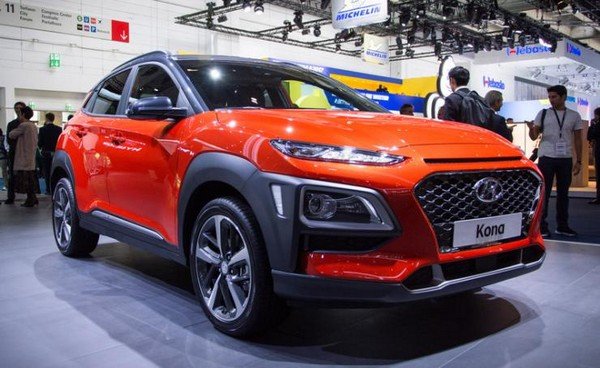
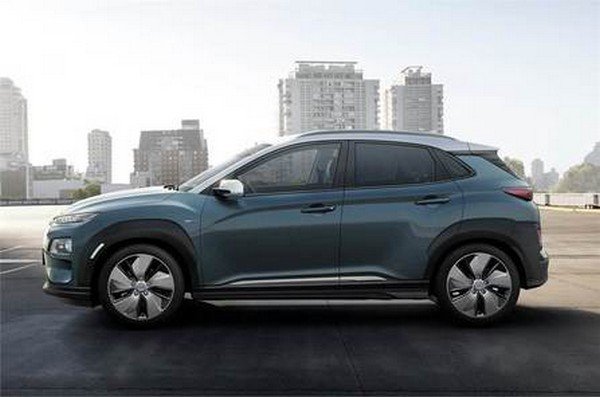
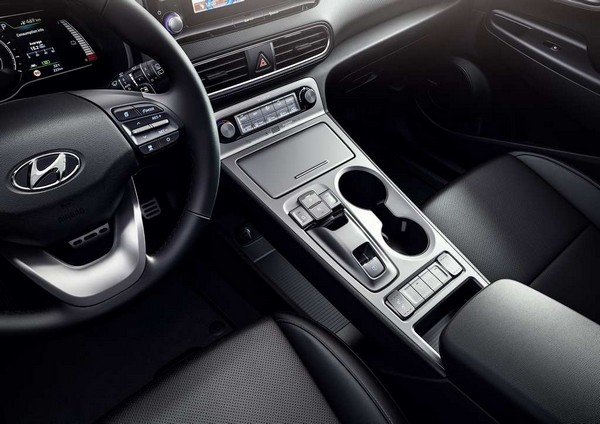
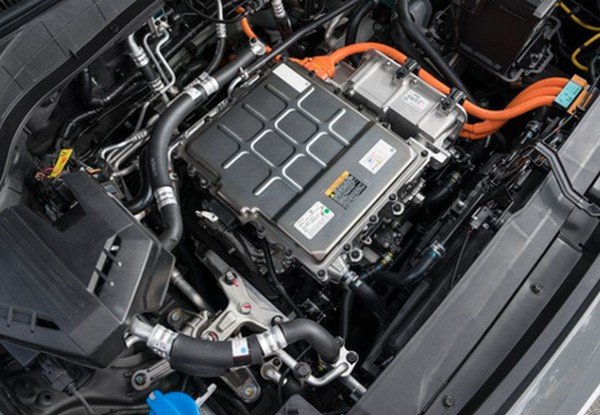
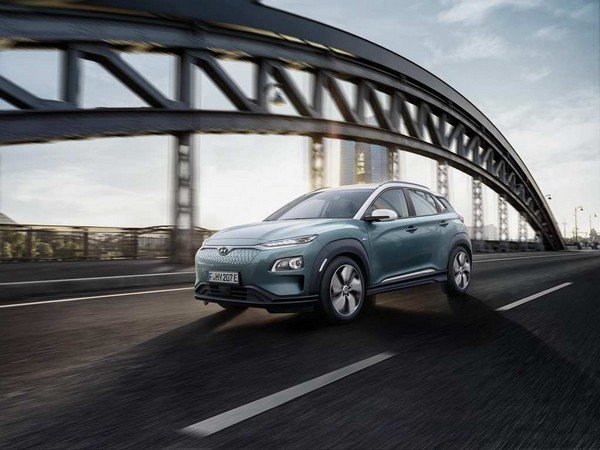
 Follow us on google news
Follow us on google news
